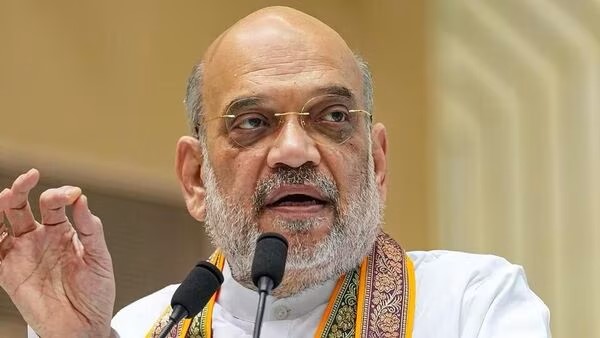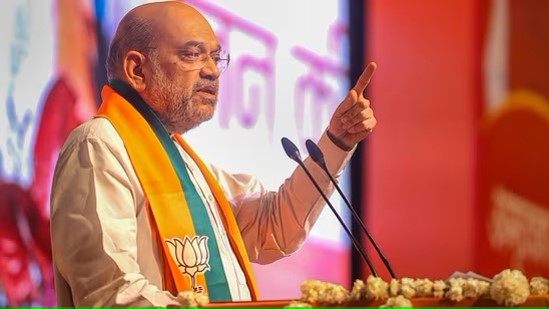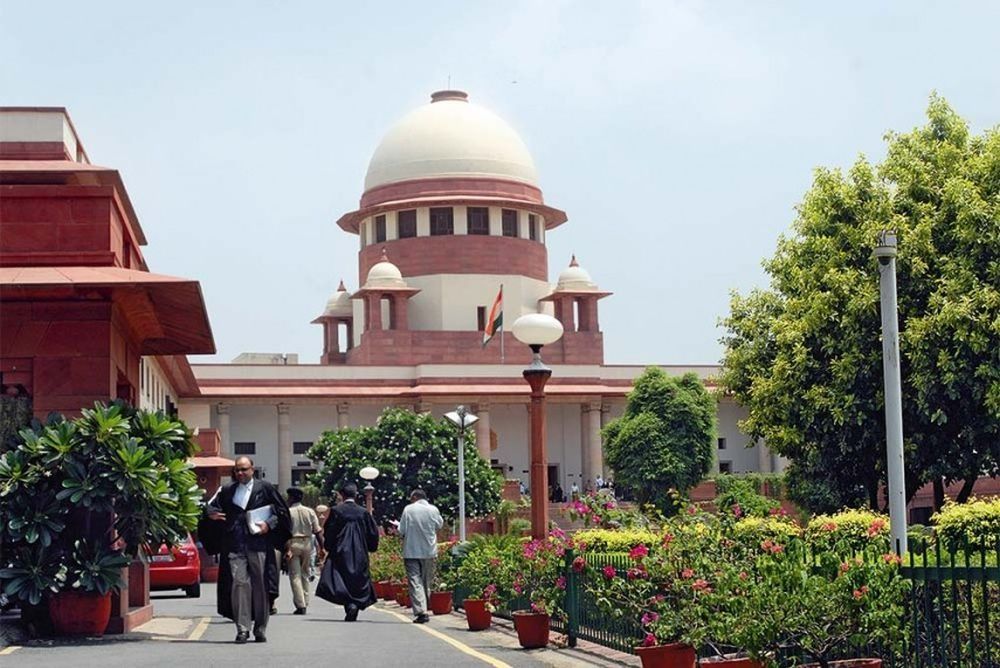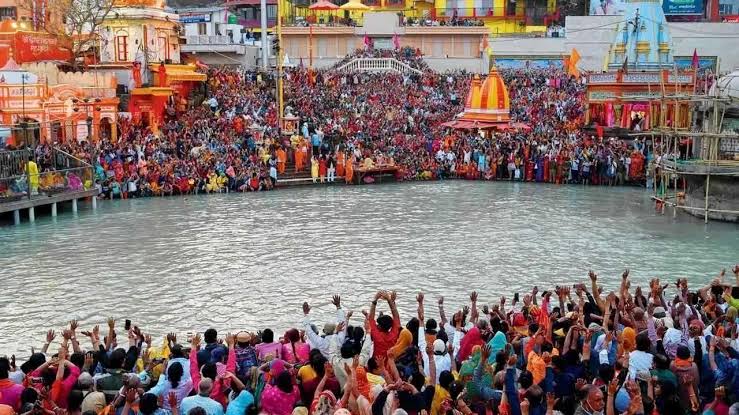The Muslim Conference Jammu & Kashmir (MCJK), a political party within the Indian Union Territory of Jammu and Kashmir, has navigated a period of internal divisions in recent years. These divisions resulted in the formation of two distinct factions: the Muslim Conference Jammu & Kashmir and the Muslim Conference Jammu & Kashmir (Bhat faction).
 On, the Indian government invoked the Unlawful Activities (Prevention) Act, 1967, to designate both MCJK factions as unlawful associations for five years. This effectively bans their activities and operations within the country. The government accuses both factions of engaging in actions deemed detrimental to national security and territorial integrity. These alleged activities include:
On, the Indian government invoked the Unlawful Activities (Prevention) Act, 1967, to designate both MCJK factions as unlawful associations for five years. This effectively bans their activities and operations within the country. The government accuses both factions of engaging in actions deemed detrimental to national security and territorial integrity. These alleged activities include:
-
Supporting terrorism: The government claims the factions have provided support to terrorist groups operating in the region, posing a potential threat to national security. This designation has been met with criticism from various quarters. Some argue that labelling the factions as terrorist groups hinders potential avenues for political dialogue and peaceful resolution of the ongoing conflict in Jammu and Kashmir. Critics further point out the complexities of defining and classifying terrorism within the context of the region’s specific political and historical landscape. Additionally, concerns have been raised regarding the potential for this designation to stifle legitimate avenues for political dissent and expression.
-
Promoting secessionism: The government alleges that these factions have participated in activities aimed at separating Jammu and Kashmir from India, threatening national unity and territorial integrity. This allegation is rooted in the complex history of the region, where various groups hold differing perspectives on its political status and relationship with India. The designation has drawn criticism for potentially conflating legitimate expressions of political dissent with secessionist aims. Critics argue that labelling these factions as “secessionist” risks overlooking the nuanced political and social realities within Jammu and Kashmir, potentially hindering efforts to address the root causes of the conflict.
While the presented information reflects the Indian government’s official stance, it is crucial to acknowledge the multifaceted nature of this issue and the existence of diverse perspectives and narratives within the broader context. The situation in Jammu and Kashmir is intricate and historically sensitive, marked by a long history of political conflict and social unrest. Understanding the various interpretations and viewpoints surrounding these events requires careful consideration of several factors:
-
Historical context: The roots of the conflict in Jammu and Kashmir are complex and multifaceted, involving factors such as colonial legacies, contested borders, and competing claims to self-determination. Examining the historical context is crucial to understanding the present situation and the motivations of the various actors involved. Ignoring the historical context risks overlooking the historical grievances and aspirations that fuel the conflict.
-
Role of various actors: Multiple stakeholders are involved in the situation, including the Indian government, Pakistani authorities, local political parties, and various armed groups. Each actor has its interests, motivations, and narratives shaping the ongoing conflict. Recognizing the diverse perspectives and agendas of these actors is essential for a comprehensive understanding. A one-dimensional analysis focusing solely on the actions of the designated factions risks overlooking the broader dynamics at play and the potential role of other actors in perpetuating the conflict.
-
Human cost: The human cost of the conflict in Jammu and Kashmir is significant. Loss of life, displacement, and ongoing social and economic challenges impact the lives of millions of people. Focusing solely on political or security aspects risks neglecting the human dimension of the conflict and the profound impact it has on individuals and communities. Prioritizing the human cost and upholding human rights principles are crucial aspects of any approach aimed at finding a sustainable resolution to the conflict.




